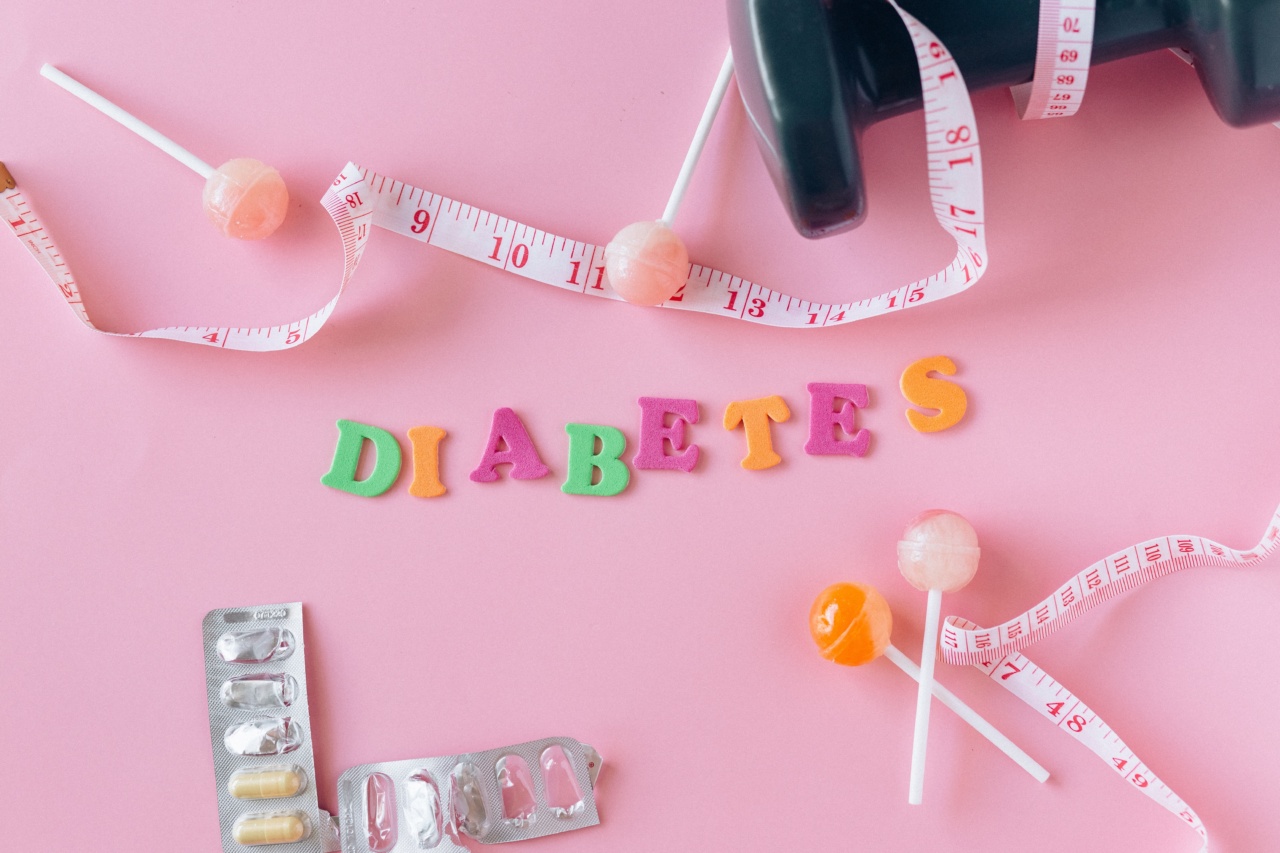Weight and glucose management is a critical aspect of maintaining a healthy lifestyle. While many diets promise quick weight loss and improved glucose control, the results are often short-lived.
This is because most diets focus on limiting calories or avoiding certain food groups, which can lead to nutrient deficiencies and long-term health problems.
The revolutionary diet for weight and glucose management, on the other hand, is based on a balanced approach to nutrition that incorporates a variety of whole, nutrient-dense foods.
This diet is not a quick fix or a fad but a sustainable lifestyle change that can help you achieve your weight and glucose goals for life.
The Science Behind the Diet
The revolutionary diet for weight and glucose management is based on the latest research into the role of nutrition in metabolic health.
This research shows that a diet rich in whole, minimally processed foods provides essential micronutrients and fiber that support healthy metabolism and glucose control.
Studies have also shown that a diet that focuses on low glycemic index (GI) foods can improve glucose control and reduce the risk of type 2 diabetes.
Low GI foods, such as vegetables, whole grains, and legumes, are digested slowly, which helps to prevent blood sugar spikes.
In addition, research has shown that a diet that is high in fiber can help to reduce body weight and improve metabolic health.
High-fiber foods, such as fruits, vegetables, and whole grains, promote feelings of fullness, which can help to reduce calorie intake and promote weight loss.
The Diet Plan
The revolutionary diet for weight and glucose management is based on a simple principle: focus on whole, nutrient-dense foods that are low in calories and high in fiber and protein.
What to Eat
Vegetables: Aim to eat at least five servings of vegetables a day, including leafy greens, cruciferous vegetables, and colorful vegetables such as peppers, carrots, and beets.
Vegetables are low in calories and high in fiber and micronutrients and can be eaten raw, cooked, or lightly sautéed.
Fruits: Choose whole fruits rather than juices, which can be high in sugar. Berries, apples, pears, and citrus fruits are all good options. Avoid dried fruits, which are high in sugar and calories.
Whole grains: Choose whole grains such as brown rice, quinoa, oats, and whole-wheat bread and pasta. These foods are high in fiber and micronutrients and can help to promote feelings of fullness.
Legumes: Include a variety of legumes such as lentils, chickpeas, and black beans in your diet. These foods are high in fiber, protein, and micronutrients and can help to promote feelings of fullness.
Protein: Choose lean sources of protein such as chicken, fish, and tofu. These foods are low in calories and can help to promote feelings of fullness.
Healthy fats: Include healthy fats such as olive oil, avocado, nuts, and seeds in your diet. These foods are high in essential fatty acids and can help to promote feelings of fullness.
What to Avoid
Junk food: Avoid foods that are high in calories, sugar, and saturated and trans fats, such as chips, candy, and fried foods.
Refined grains: Avoid refined grains such as white bread, white rice, and pasta made with white flour. These foods are low in fiber and micronutrients and can cause blood sugar spikes.
Sugary drinks: Avoid sugary drinks such as soda, sports drinks, and energy drinks. These drinks are high in calories and sugar and can cause blood sugar spikes.
Processed meats: Avoid processed meats such as bacon, sausage, and deli meats. These foods are high in saturated and trans fats and can increase the risk of heart disease.
The Benefits of the Diet
The revolutionary diet for weight and glucose management has many benefits, including:.
Improved glucose control: The diet is based on low glycemic index foods, which can help to prevent blood sugar spikes and improve glucose control.
Weight loss: The diet is based on whole, nutrient-dense foods that are low in calories and high in fiber and protein, which can help to promote weight loss.
Better overall health: The diet is rich in micronutrients, fiber, and essential fatty acids, which can help to support overall health and reduce the risk of chronic diseases such as heart disease, diabetes, and cancer.
Improved energy levels: The diet is based on foods that provide sustained energy and prevent blood sugar swings, which can help to improve energy levels throughout the day.
Conclusion
The revolutionary diet for weight and glucose management is a balanced, sustainable approach to nutrition that can help you achieve your weight and glucose goals for life.
By focusing on whole, nutrient-dense foods that are low in calories and high in fiber and protein, you can improve your overall health, glucose control, and energy levels.





























